Essential oils in general are becoming increasingly popular as alternative home cures. They can be used efficiently for hair care, pain treatment, bug bites, and other purposes.
Some essential oils can also be used to treat mild burns. Deep burns, on the other hand, should be evaluated by a physician.
Before applying essential oils to the skin, they should be diluted with a carrier oil. Aromatherapy can also be achieved by inhaling essential oils. Essential oils should not be consumed orally.
What are the Essential Oils for Burns?
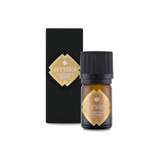
Chamomile has long been used to treat wounds and skin conditions. It's also a common ingredient in skin creams and treatments. It has emollient, moisturizing, and skin-rejuvenating properties similar to aloe vera. According to research, chamomile may aid in the healing of small burns. This includes sunburns as well.
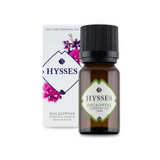
Eucalyptus essential oil is a popular topical essential oil, particularly for wound and burn healing. It also has astringent, anti-inflammatory, and antibacterial properties.
In this 2015 evaluation, eucalyptus was promoted as a treatment for burns as well as other skin issues such as wounds, lice, and bug bites. It may also play a role in preventing burns from becoming infected.
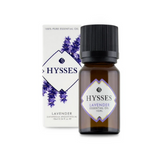
Lavender is widely touted as a great burn healer in essential oil studies. It possesses antibacterial action, pain-relieving qualities, and the capacity to reduce inflammation.
According to a 2012 study, lavender essential oil hastens wound healing. It also lowered inflammation in women undergoing delivery surgery.
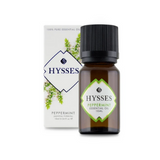
For years, mint species, particularly peppermint, have been used and explored in topical pain relief. This may make them particularly useful for burns. Peppermint was mentioned as a particularly effective analgesic in a 2011 evaluation of pain-relieving essential oils. Peppermint oil was also included in this 2015 review for preventing disease and reducing pain spasms. It also helps to minimize inflammation.
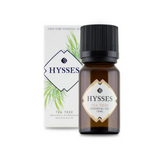
Tea tree is well-known for its antibacterial and infection-fighting essential oil. This could make it an excellent burn treatment. Tea tree oil was found to have anti-inflammatory and antibacterial effects in a 2015 evaluation of essential oils. As a result, it is quite useful for burning wounds. Tea tree oil was also named one of the best researched anti-inflammatory plants in a 2010 review.
How to Use Essential Oils for Burns
Never apply pure, undiluted essential oils to open wounds or burns. These can aggravate burns, create inflammation, and cause pain. When used correctly, essential oils are perfectly safe for treating small burns. They can be used to treat burns in a variety of ways.
Simple compress is the best approach for a very recent burn. To make:
- Add about 5 drops of your chosen essential oil to 1 cup of warm water. You can mix up different essential oils together if you like.
- After shaking the oil with water, soak a clean cloth and apply.
- Repeat until the water for the compress is gone.
- Continue making compresses and applying daily until the wound begins to heal.
Stop using essential oils immediately if you notice worsening irritation, itching, or a rash. You could be having an allergic reaction to a specific essential oil. The simplest approach to avoid this is to test the solution on a tiny area of skin before putting it to the burn.
We do not advocate ingesting essential oils. Some are poisonous, and the quality varies.



